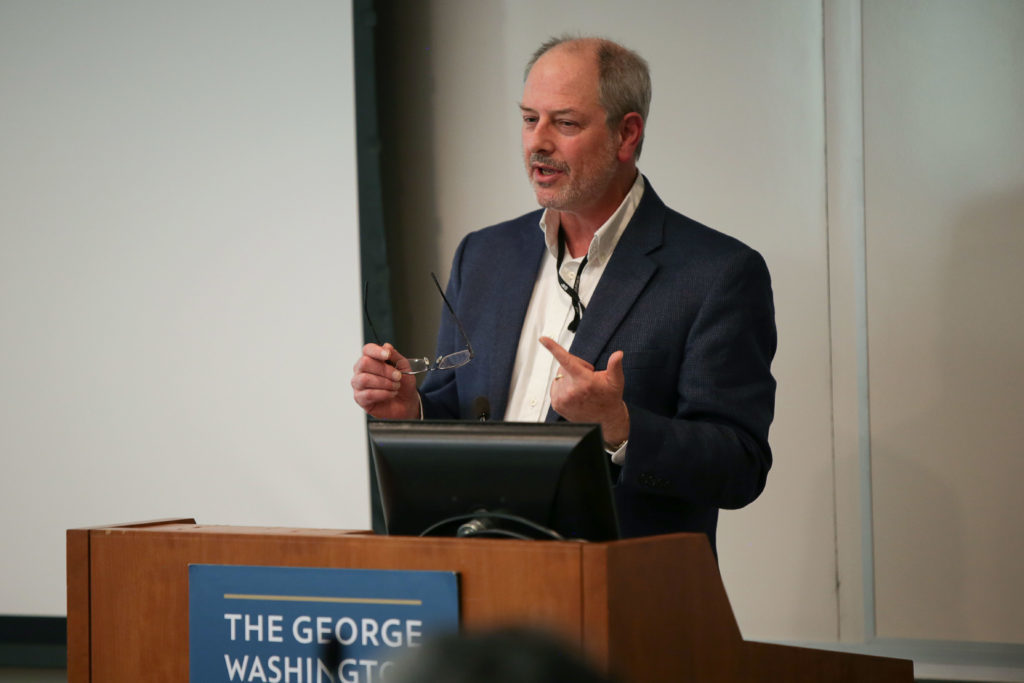The Faculty Senate passed a resolution Friday urging officials to adopt clearer language in the University’s prohibited relationship policy.
The resolution included updates to language, word choice and format in the document, which establishes a zero-tolerance policy for faculty-student relationships. Faculty and officials said the most notable update included a clarification about how officials should handle pre-existing relationships, which will help students and faculty understand what constitutes an unacceptable relationship and how they should report to administrators.
The update instructs faculty members with a previous relationship to “immediately” report the association to their superior, and administrators would then “promptly” recuse the professor from their institutional responsibilities “in a manner that results in the least harm to the student.” The current policy, which was instituted over the summer, mandates that faculty first recuse themselves and then report the relationship.
“The policy wisely deals with the parties who have come to the University already engaged in that relationship, and it describes what they are to do with respect to that and there’s a disciplinary provision to it,” Jeff Gutman, a professor of clinical law and the chair of the senate’s professional ethics and academic freedom committee, said.
The new policy also clarifies that professors are prohibited from having relationships with anyone they may “coach,” “mentor,” “counsel,” “advise” or “employ.”
Faculty sifted through the policy this fall after voicing concerns to administrators in the spring that the document had been pushed through to the Board of Trustees without input from the Faculty Senate.
Gutman said the PEAF committee revised the policy by reviewing relationship policies at peer universities and consulting with the Office of General Council and an outside ethics group.
“The policy has a very clear and specific definition as to whose behavior is covered, teachers and staff,” he said.
Provost Forrest Maltzman said the updates included “technical” and wording changes, which he said creates a clearer and more detailed policy. He said it was crucial that members of the Faculty Senate provided their thoughts on the document to ensure the policy reflected faculty sentiment.
Maltzman said that the committee worked closely with Caroline Laguerre-Brown, the vice provost for diversity, equity and community engagement, on crafting the policy and updating language.
“I think that going ahead and having a policy that is as clear as possible to everybody who could read it or the policy is really important, and if there are wording changes that could clarify a thing or two, we should definitely embrace them,” he said.
Parth Kotak and Ilena Peng contributed reporting.





